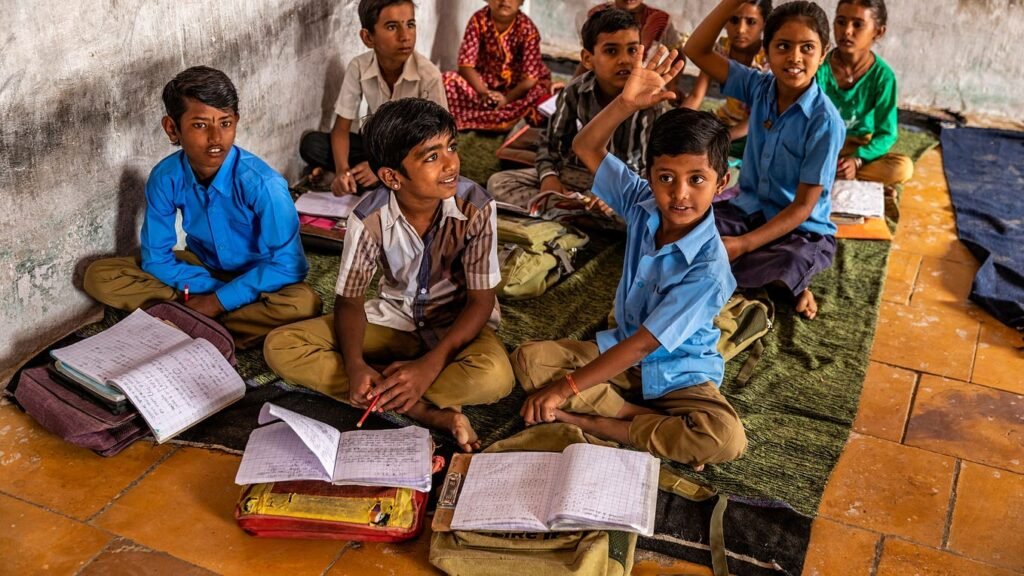Helping Kids Build Confidence in a Loud, Messy World
Let’s be real for a second—growing up today? It’s a lot.
Kids aren’t just dealing with school and homework anymore. They’re swimming in social media noise, unspoken comparisons, pressure to be “the best,” and a world that rarely slows down.
And somewhere in the middle of it all… they’re trying to figure out who they are.
That Little Voice Inside? It Matters More Than You Think
We all have one—that voice inside our head. Some days it cheers us on. Other days? Not so much.
Now imagine that voice in a child’s head.
“I’m not good enough.”
“Everyone’s better than me.”
“Why do I always mess this up?”
Sounds familiar? That’s negative self-talk. And it can chip away at confidence before a child even learns how to defend it.
But here’s the hopeful part: they can learn to talk to themselves differently. Gentler. Kinder. Braver.
Every Kid Is Built Differently—And That’s Not Just Okay, That’s Powerful
Some kids are quiet observers. Some light up every room. Some take time to open up. Others jump right in. There’s no single “confident” personality.
Truth is, confidence isn’t loud. It’s not just for extroverts. It’s that inner belief that says, “I can handle this.”
Even if their hands are shaking.
The more we let kids just be who they are, the easier it becomes for them to grow into someone they like being.
Social Media: Not the Enemy, But Definitely Tricky
Here’s a quick thought experiment: if we, as adults, sometimes feel insecure after scrolling Instagram for 15 minutes… what about a 12-year-old?
Likes, filters, curated lives—it’s a lot for a young brain to process.
So instead of saying “Don’t use it,” help them ask:
“How does this make me feel?”
“Why am I posting this?”
“Am I comparing myself too much?”
Teach them to use social media, not be used by it.
Their Timeline ≠ Someone Else’s
One of the most quietly damaging things a child can believe is that they’re “behind.”
Behind in confidence. Behind in skills. Behind in life.
But life isn’t a race. Some bloom in 5th grade. Others in their 20s. And that’s perfectly okay.
Teach them: growth isn’t always visible—but it’s always happening.
Let’s Talk About the Real Confidence Builders
Want to know one of the strongest confidence-boosters for a child?
Doing something they love—just because they love it.
Painting. Dancing. Solving puzzles. Baking cupcakes. Climbing trees.
Let them chase joy. Let them make a mess. Let them do things badly at first.
Because confidence doesn’t come from perfecting things. It comes from trying anyway.
Rewiring That Inner Voice
You don’t have to be a psychologist to help a child challenge their negative self-talk. Try this:
Instead of “I’m bad at this,” ask them: “What can you try next time?”
Help them list 3 things they like about themselves.
Catch them being kind, curious, brave—point it out.
Remind them: progress is progress, even when it’s tiny.
Final Thoughts: Confidence Is Quietly Built, Day by Day
It’s not about being fearless. It’s about showing up.
Confidence is whispering “I’ll try again” after failing.
It’s raising a hand even if the answer’s wrong.
It’s saying “I like who I’m becoming.”
And with the right encouragement, every child can get there.



